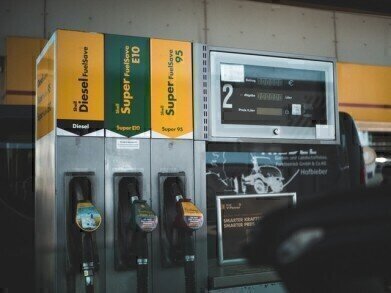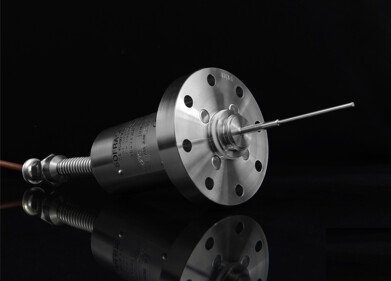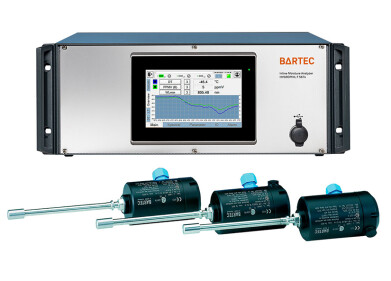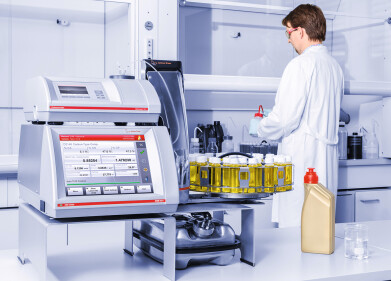Measurement and Testing
What Do the New Labels Mean at the Fuel Pump?
Oct 17 2019
Across the UK, British motorists are encountering new labels for petrol and diesel at fuel stations. The transition was spearheaded by the Department for Transport, with petrol now labelled as 'E5' enclosed within a circle and diesel as 'B7' enclosed within a square.
Now mandatory at fuel stations across the country, the symbol, letter and number combinations are designed to indicate the type of renewable fuel, as well as the maximum percentage of renewable fuel it contains. So, E5 enclosed with a circle refers to petrol with ethanol content of up to 5%. B7 enclosed within a square refers to diesel with up to 7% renewable biodiesel content. The fuel itself will remain the same, it's simply the labelling on fuel dispensers and nozzles that is changing.
Minimising emissions and meeting climate change targets
Renewable fuels such as ethanol and biodiesel have been blended into British petrol for more than a decade. The addition of these components helps to minimise overall carbon dioxide (CO2) emissions and help the country meet climate change goals. In 2018, the use of ethanol and biodiesel significantly reduced CO2 emissions. In fact, statistics suggest the use of E5 and B7 had the same impact as taking more than one million cars off British roads.
The new E5 and B7 labelling will also be applied to new vehicles, with the Department for Transport claiming this will make it easier for motorists to match the labels on fuel caps with the labels on petrol pumps.
Calls for E10 to hit British pumps
Motorists may also notice some new cars with E10 recommendations. This refers to fuel with renewable ethanol content of up to 10%. It's not yet available in the UK, though it is used in other European countries, as well as the USA and Australia. Low carbon dioxide emissions make E10 a popular fuel for nations looking to meet climate change targets. According to an Interim Report released by the All Party Parliamentary Group for British Bioethanol, introducing E10 to British petrol stations would reduce emissions by the same amount as taking up to 700,000 vehicles off the road. Until E10 is available in the UK, motorists are advised to use E5.
Another decision faced by motorists at the pump is whether to upgrade to fuel with a high octane content. Offering expert insight from Director at Koehler Instrument Company Dr. Raj Shah, 'Fueling Interest in How Octane Works' explores the benefits of fuel containing the performance-enhancing hydrocarbon chain.
Digital Edition
PIN 25.2 Apr/May
April 2024
In this Edition Safety - Carbon monoxide toxic and flammable gas detection Analytical Instrumentation - Density: A fundamental parameter at critical stages within the petroleum sector...
View all digital editions
Events
May 05 2024 Seville, Spain
May 06 2024 Riyadh, Saudi Arabia
May 06 2024 Houston, Tx, USA
May 06 2024 Houston, Tx, USA
Canada Gas & LNG Exhibition & Conference
May 07 2024 Vancouver, BC, Canada


















